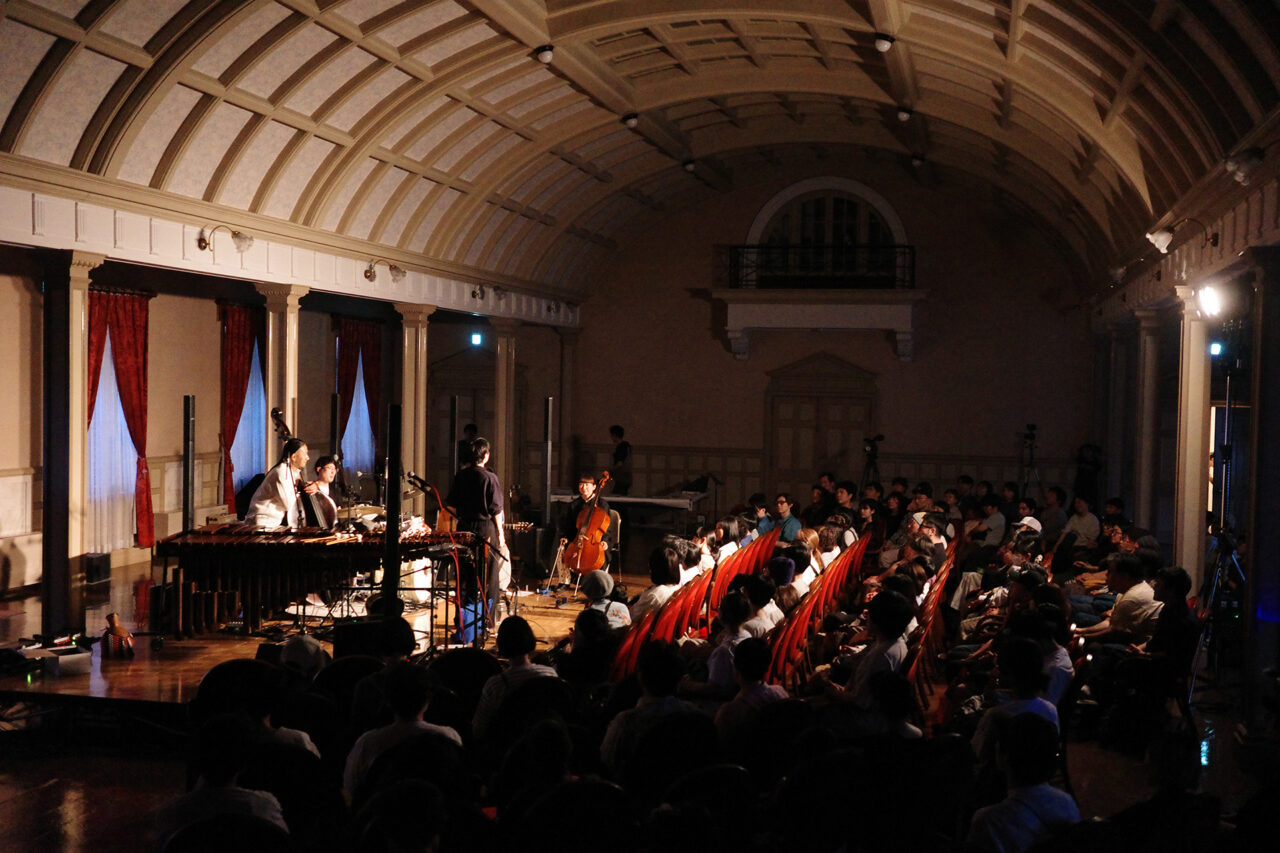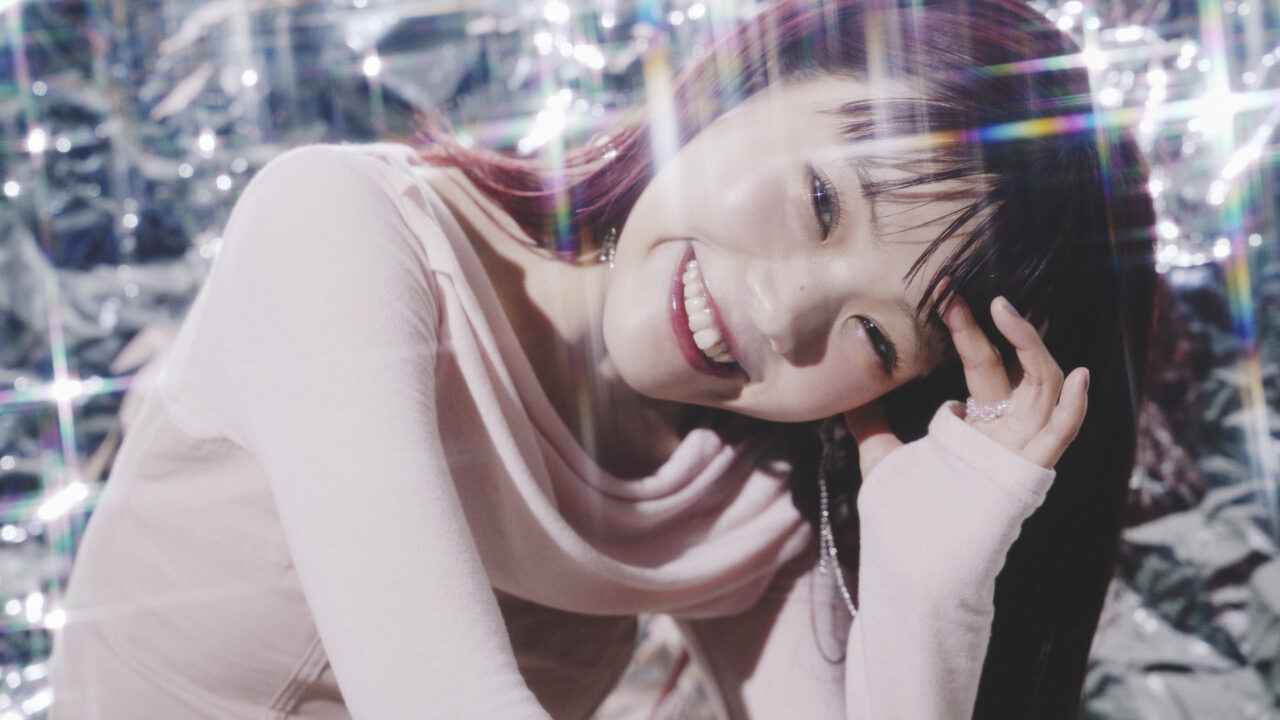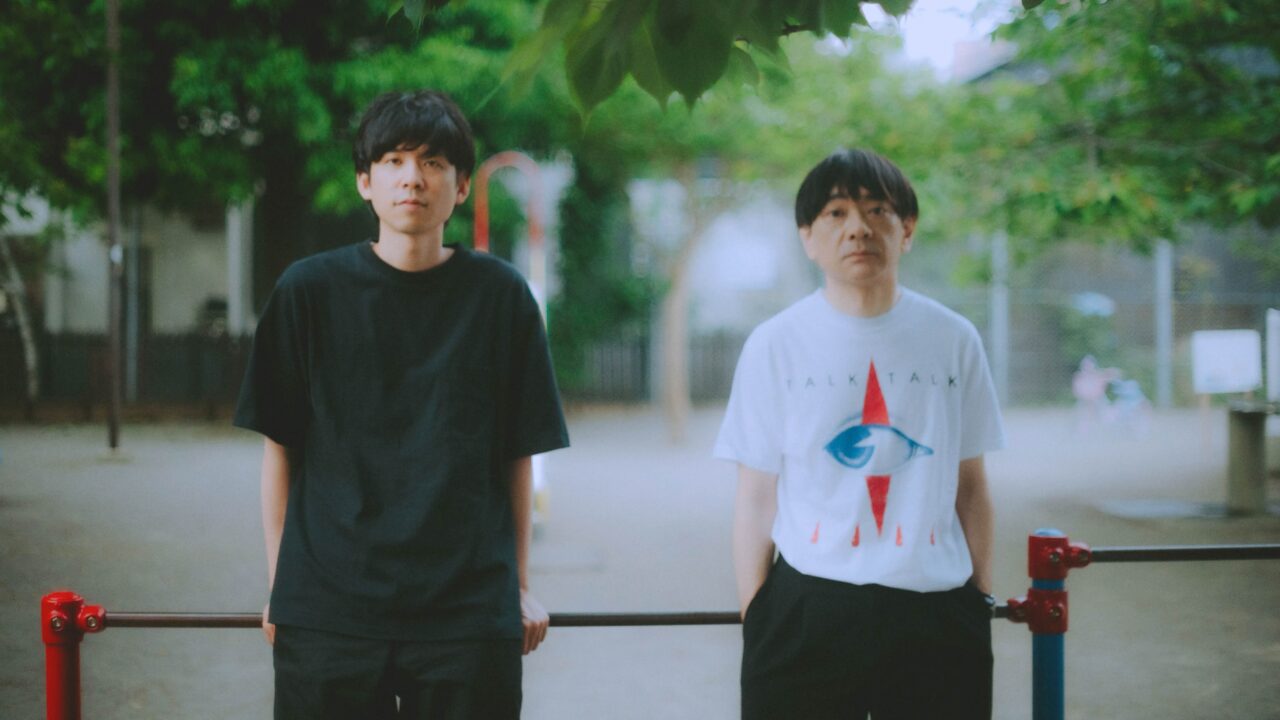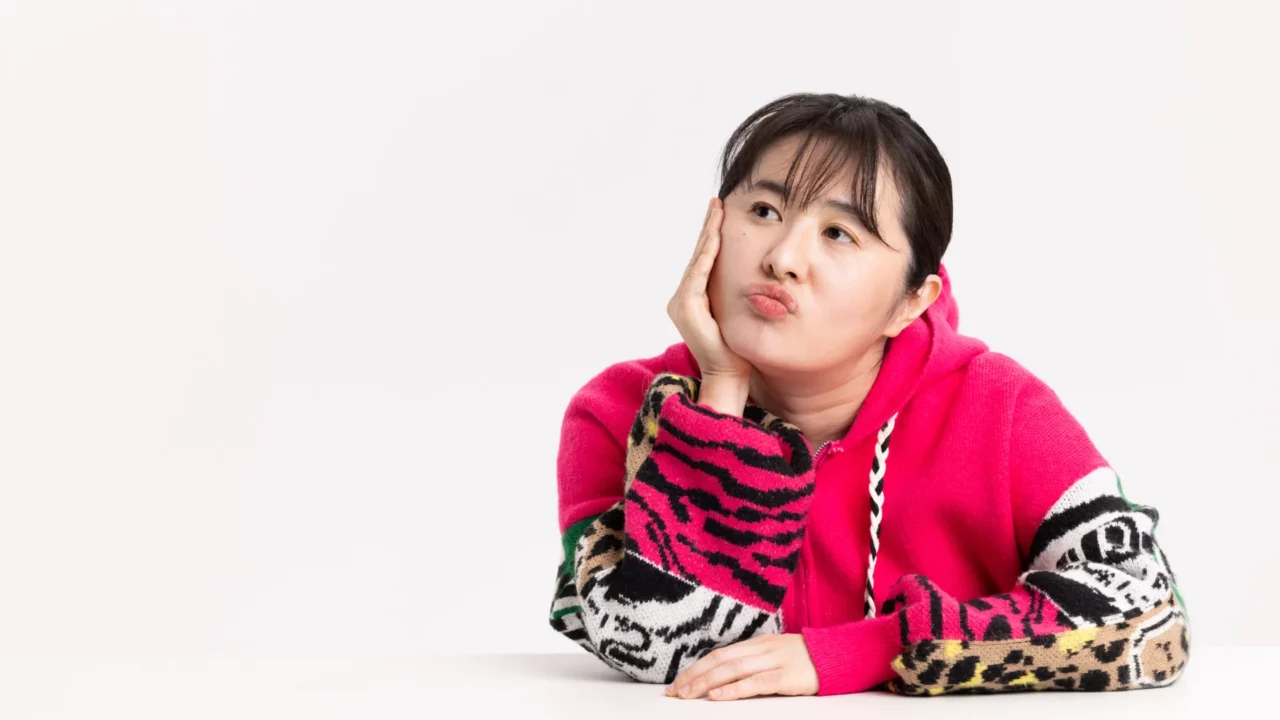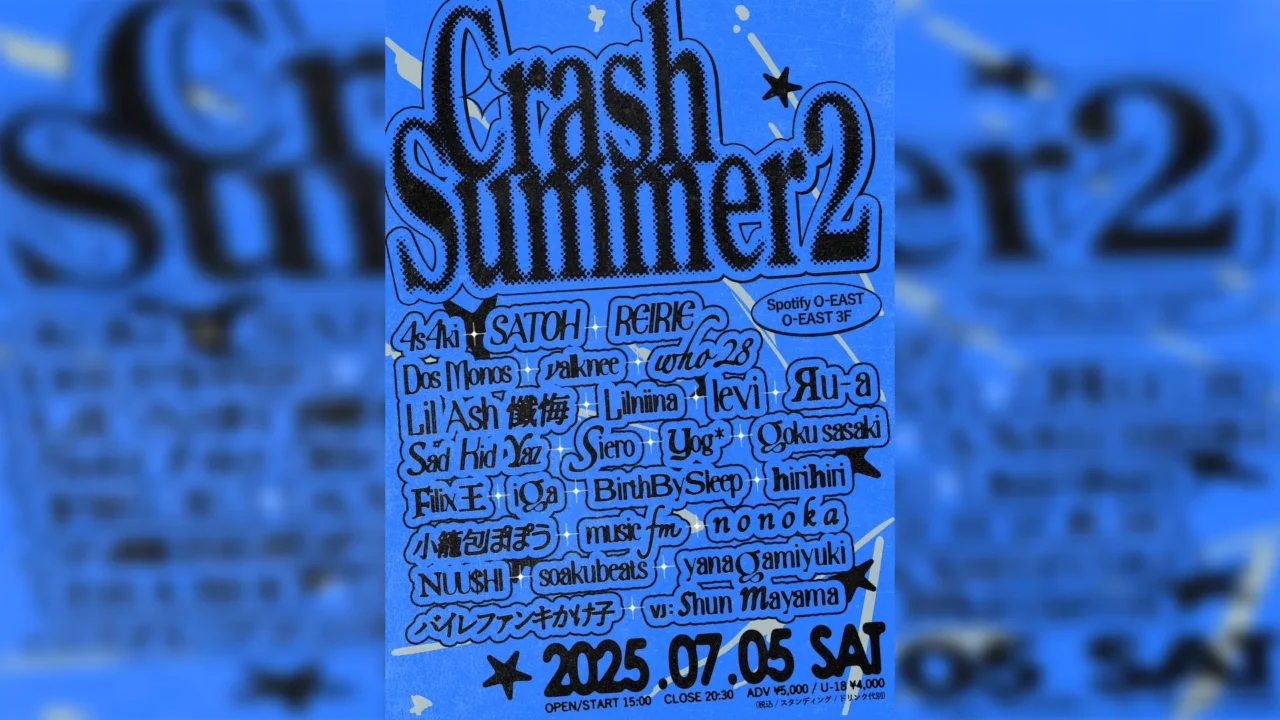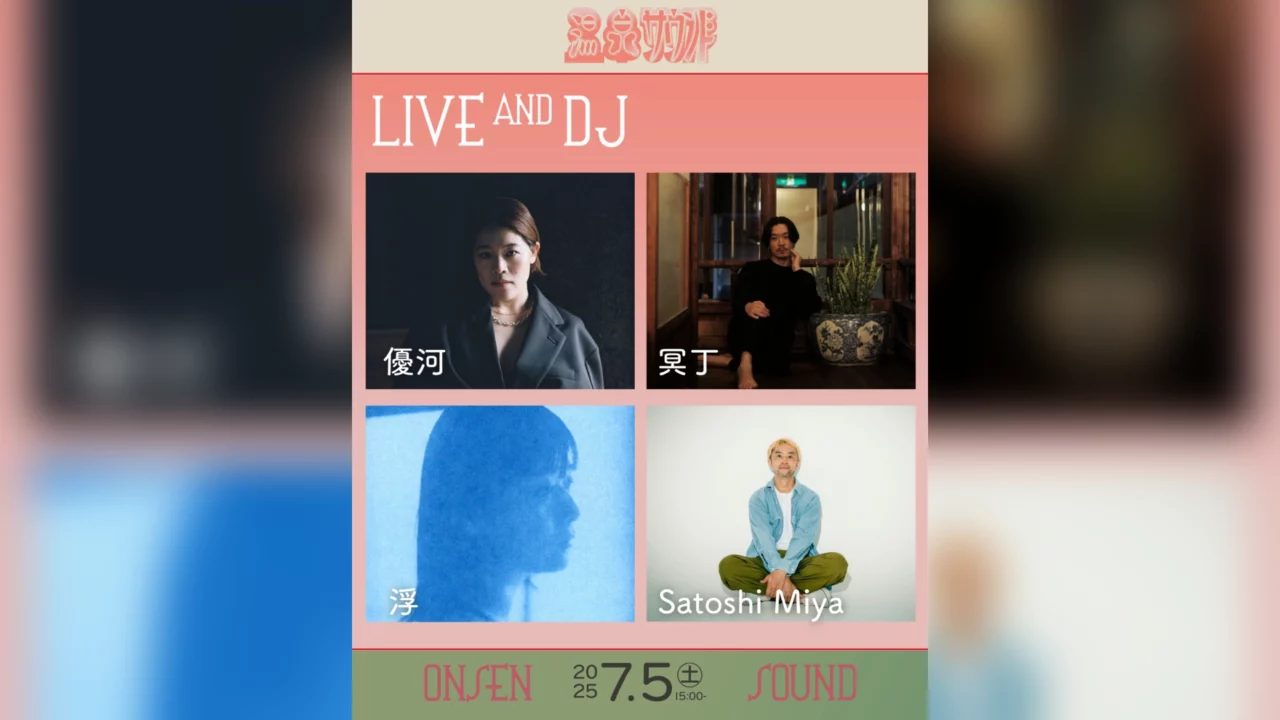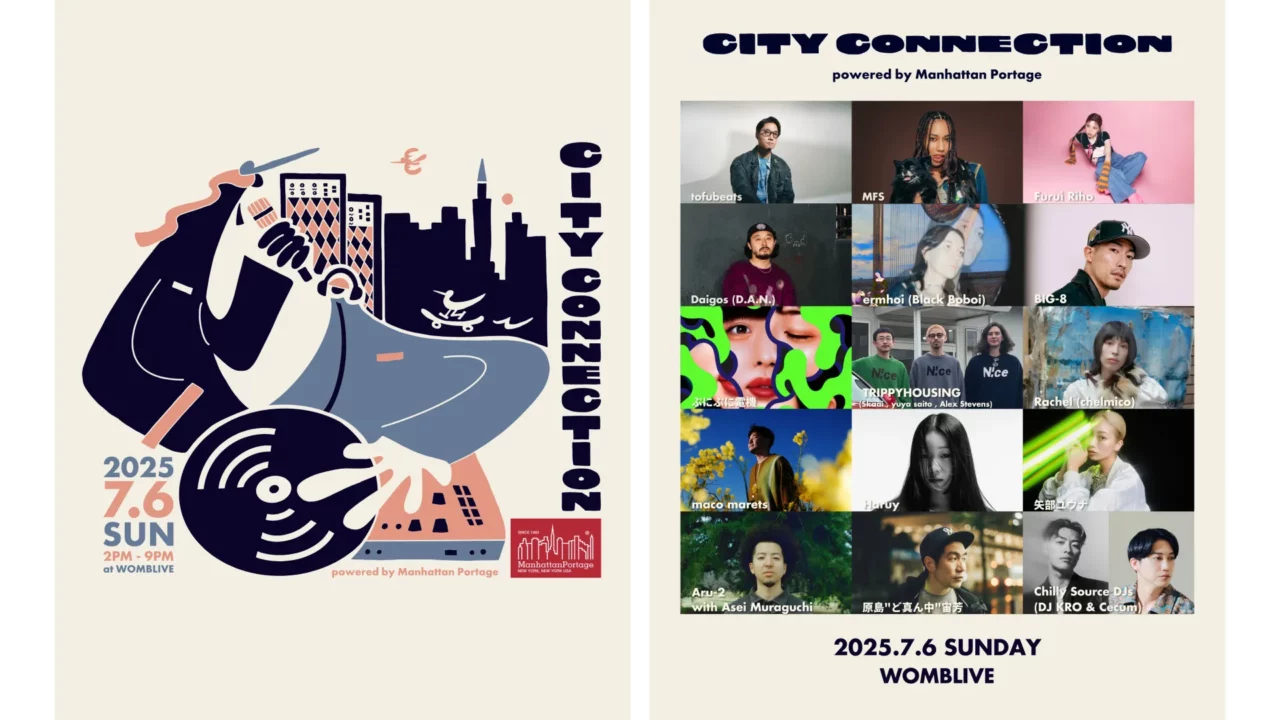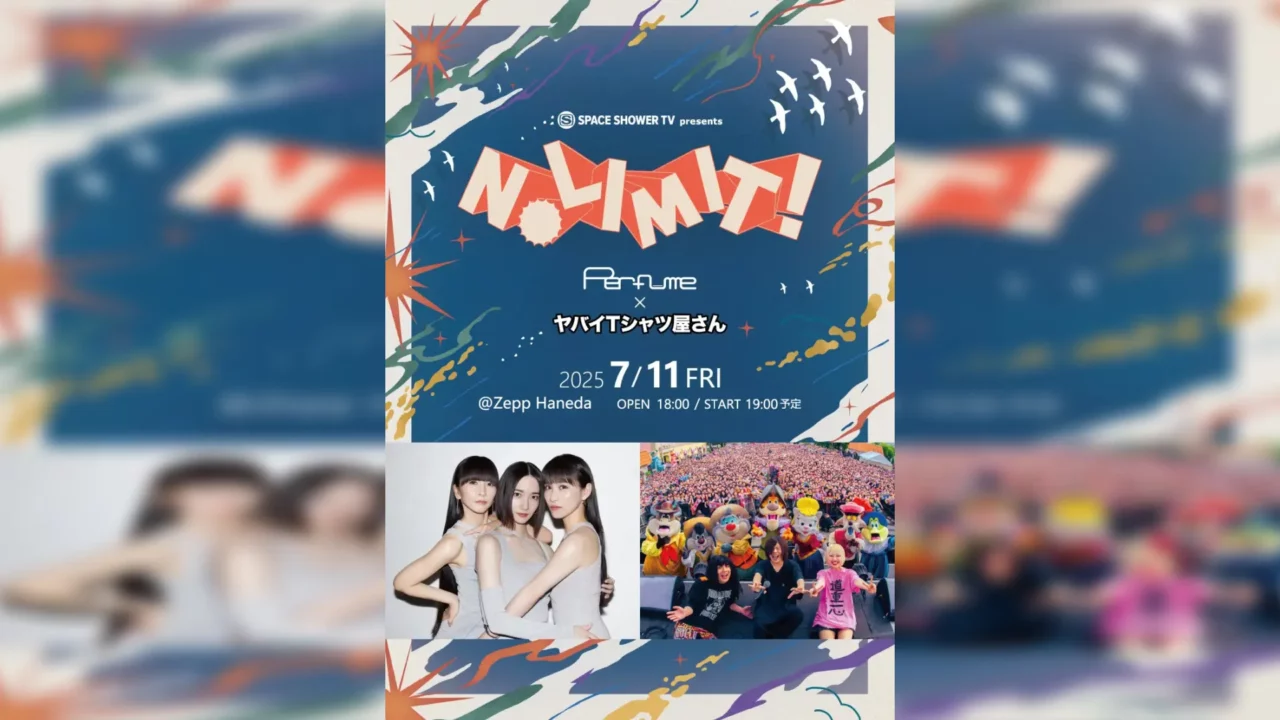In March of this year, singer-songwriter Shetona Yui released a five-track EP titled TINY LAND. Now, she’s back with a new single, “Massugu.” Unlike her previous works, this song features raw, candid lyrics, as Shetona humorously contrasts her straightforward nature with the more calculating demeanor of others.
Having spent her high school years in an all-girls school, Shetona navigated the challenges of adjusting to co-ed university life and rebuilt her communication skills. She shares how these experiences, including misunderstandings and gaps between the sexes, have influenced her music, along with her views on love and life.
INDEX
How the Song “Massugu” Transformed My Music Career
According to the materials, the new song “Massugu” was actually completed about three years ago. Can you tell us about the process of how this song came to be at that time?
Shetona: This song was created during a music competition at Osaka University of Music, where I was studying at the time. As I mentioned in a previous interview, we often received assignments in class, such as “writing a song for an idol,” and had to create music based on those themes. For this particular competition, the keyword was “Pure Love Cider.” I thought to myself, “What a strange theme,” and that’s how the first version of the song came about [laughs].
How did you develop the concept from the theme “Pure Love Cider” into the lyrics?
Shetona: In a competition, there’s always pressure to approach the song from a different angle. While “Pure Love Cider” might naturally evoke images of a typical summer youth setting, I decided to go in the opposite direction with dance music. Influenced by Tom Misch, whom I admired at the time, I chose to focus on themes of “refreshing youth” and “adorable boldness.”
Being in a competition might have made it easier to come up with a unique idea.
Shetona: I believe so. I had a strong desire not to create something similar to what everyone else was doing. Originally, I entered university to make film music, so this competition was my first attempt at writing a vocal song. Receiving praise from my teachers for my voice gave me confidence, and sending that tape to my current agency opened the door for my career as an artist. Without this experience, I might never have developed an interest in vocal music, so it’s not an exaggeration to say that this song changed my musical journey.
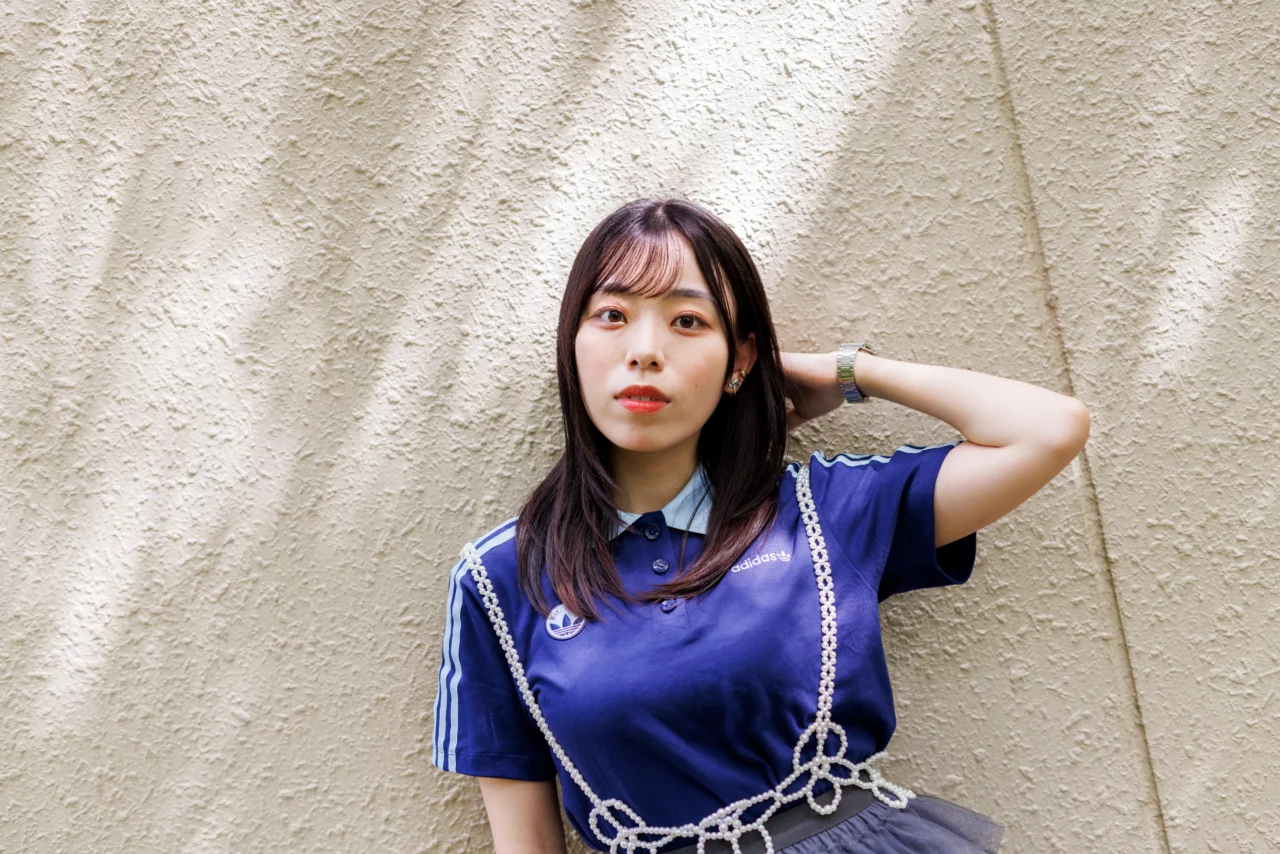
Yui Shetona graduated at the top of her class from Osaka University of Music with a major in Music Creation. She began ballet in childhood and has explored various genres of music, including violin and street dance, leading to her current career. Before her debut, she gained attention by being featured by DJ HASEBE and securing collaborations with NHK Radio. Her 2023 release, “MUSEUM EP,” was highlighted by producer Hyadain, and her latest work, “Groovin’ Weekend,” has performed well, reaching a peak position of 15th on FM NORTH WAVE. She continues to be an artist to watch closely.
INDEX
Embracing Vulnerability: A Time for Openness
What inspired you to remake the song after three years?
Shetona: When I started my career as Shetona Yui, I had a strong image of producing sophisticated, somewhat enigmatic Western-style sounds. However, after releasing my previous album MUSEUM and the track “Coffee Time” from TINY LAND, I felt it was time to shift towards brighter, dance music-oriented, and more human-sounding songs. Previously, all my lyrics were in English, which might have made it unclear what I was singing about. This time, I felt it was important to express myself fully in Japanese, which was the main reason for tackling the remake.
The original version had a rawer sound, but this new version emphasizes dance music and house influences. While the lyrics, melody, and chord progression remain mostly unchanged, the arrangement and sound production have undergone significant changes.
Did you draw inspiration from any specific artists for this remake?
Shetona: I based the remake on Tom Misch and incorporated elements from artists I currently enjoy, such as DURDN, BREIMEN, HONNE, and South Korea’s OOHYO. I’ve been particularly influenced by DURDN, and their impact is quite evident in this new arrangement.

The title “Massugu (Straightforward)” carries various meanings in the lyrics, such as “living straightforwardly” and “straightforward love.” What does “straightforward” mean to you?
Shetona: The keyword “straightforward” immediately came to mind from the “pure love” in “Pure Love Soda.” I have a very “straightforward” personality myself. I’m not good at lying, and friends often see right through me, like when they say, “You want to go home now, don’t you?” or “It’s written all over your face” [laughs].
So, you’re quite candid [laughs].
Shetona: I tend to be very passionate about everything, not just in romance, but with my family, friends, and loved ones as well. I want to face them honestly, without betrayal or deceit. When I sing about “hating” or finding “straightforwardness” tough in this song, I imagined a character who embodies a somewhat manipulative female persona, who might feel that way.
So, you contrasted “straightforward” people with “manipulative” ones. What do you think about the term “manipulative”?
Shetona: Having attended an all-girls school through middle and high school, I was completely unfamiliar with mixed-gender environments. When I started university, I was surprised by how things were among co-ed students. That’s when I became really interested in the term “manipulative.”
For me, even when I need to reach something high, I bring my own chair and stand on it, and I carry my own amp and guitar. But very cute girls seem to know how to rely on others, and I sometimes envy that. I think this sparked the theme for this song.

When you mention “knowing how to rely on others,” do you mean something like being able to say, “This is too high for me to reach,” in front of men?
Shetona: Exactly. For instance, if I see someone saying, “I can’t open the door from inside because it’s too heavy,” and I’m thinking, “Wait, how did you get in then?” (laughs). I found such situations entertaining and amusing, so I wanted to focus on that aspect when creating the song.
INDEX
The Rarity of Authentic Self-Expression
In the song, it says, “Boy dreaming sweet pretty cute charming girlfriend / (Hah) it’s just a 幻想,” which translates to “the fantasy of a sweet, cute, and charming girlfriend.” Have you ever actually thought about this?
Shetona: I haven’t really thought about it, but I do occasionally face the opposite kind of fantasy being imposed on me. Even though I’m quiet and shy, people sometimes say things like, “You must be very outgoing,” or “You seem strong,” or “You must have a lot of romantic experience.” In any case, I think very few girls are truly open about who they are. So, there’s a bit of irony in this song directed at those kinds of external expectations.

I feel that there are quite a few men who act with contempt towards women who openly express their sexuality.
Shetona: Yes, that’s true. I’ve experienced situations where, when facing problems or observing my surroundings, I’ve heard comments like, “She wears too much makeup,” or “She only hangs out with guys.” Such judgments and assumptions can lead to isolation. This might be a common issue in both single-gender and co-ed schools, and perhaps in broader social settings for women.
By the way, do you ever feel that women depicted in works created by men, who embody the so-called “sweet, cute, and charming” ideal, reflect this kind of male fantasy?
Shetona: Yes, there is a sense of that desire for women to conform to certain ideals in male-dominated spaces. I really like the Sakurazaka46 idols, for instance, and many men have these expectations of them. I think there are idols who accept and even embrace these perceptions.

As you mentioned, idols often carry the weight of their fans’ fantasies. While there are increasing numbers of idols who resist this and stay true to themselves, those individuals often become targets of criticism.
Shetona: Yes, that’s true. Conversely, women, including myself, sometimes impose ideals on men, like preferring “handsome and tall” guys. In the end, it seems we all harbor fantasies about each other. I think it might be good to have songs that take a step further and express irony about these fantasies.







